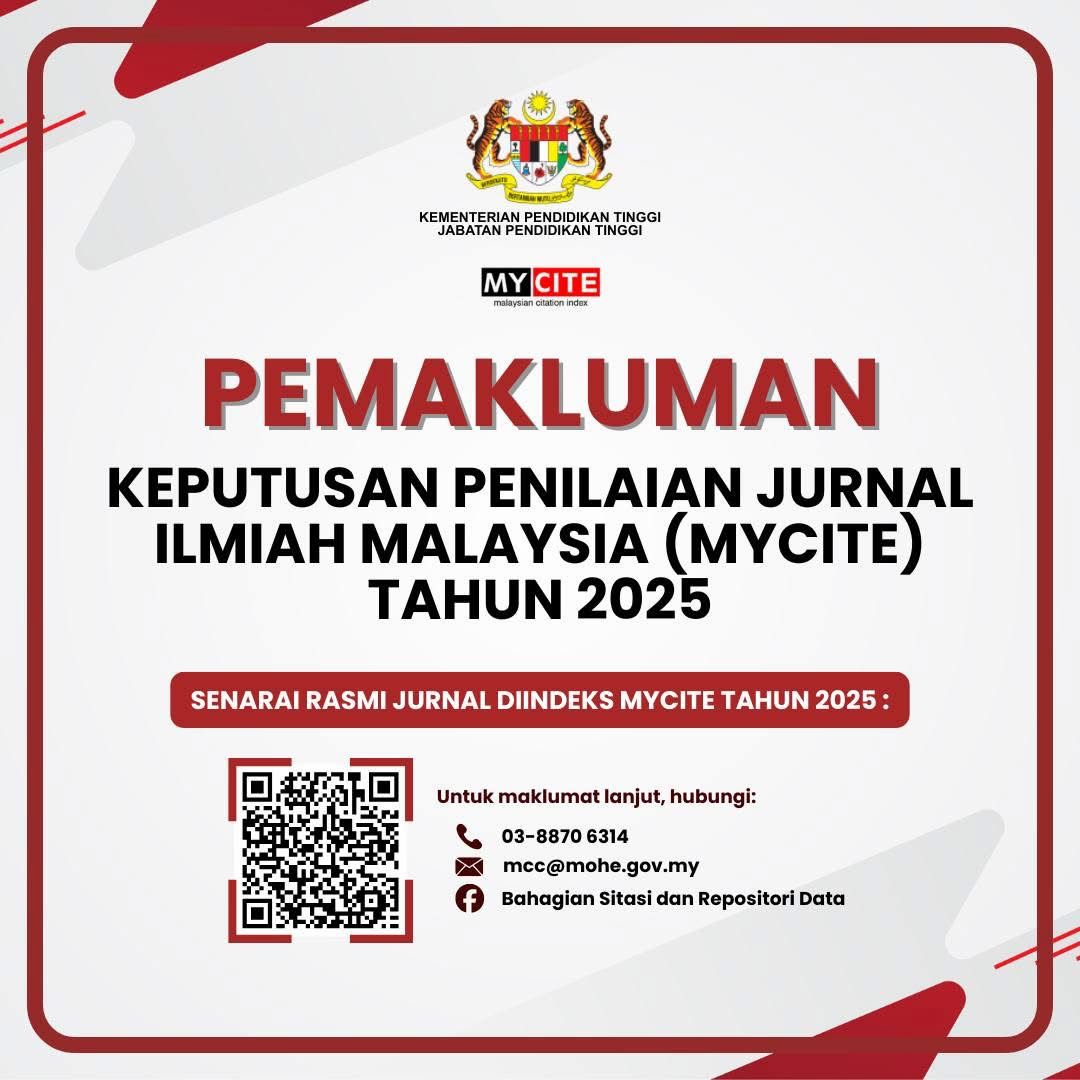Human Values in Intercultural Communication: CDA for Discourse of Proverbs in Yemen Times
DOI:
https://doi.org/10.24191/idealogy.v2i2.24Keywords:
human values; intercultural communication; Yemen Times; critical discourse analysis; discourse of proverbs; global journalismAbstract
In intercultural communication, human values need to be investigated as neutral discourse; where local and global identities compete to legitimate such neutral discourse. Human values can be explicitly or implicitly manifested in the discourse of proverbs. Proverbs are ‘common sense’ assumptions that construct culturally-biased and durative values. Like newspaper headlines, proverbs are part of argumentative rhetoric whose semantic and pragmatic functions are not only to attract readers but also to convince them. As a sub- journalistic genre in Yemen Times, the discourse of proverbs targeted worldwide audiences; it was produced by a non-local journalist and published in hardcopy and online between 2003 and 2010. This paper investigates human values in an intercultural text disseminated in global journalism; the discourse of proverbs of Yemen Times. The analytical tools of Critical Discourse Analysis (CDA) were employed to reveal the evident competing discourses associated with human values in the texts. The data analysis revealed that human values were associated with literary, philosophical, political and anonymous global discourses; these discourses were dominant in the texts. Local legitimating discourses were excluded; backgrounded local religious discourse and discourse of local passive agency were associated with human values. The exclusion of local agencies reflects hegemonic global power over human values in intercultural communication.
Downloads
Published
Issue
Section
License
UiTM Press (the Publisher) has agreed to publish the undersigned author’s paper in Idealogy Journal. The agreement is contingent upon the fulfilment of a number of requirements listed below.
1. The undersigned author warrants that the paper entitled below is original, that it is not in any way libellous or unlawful in Malaysia, that it does not infringe any copyright or other proprietary right. The undersigned hereby represents and warrants that he/she is the author of the paper, except for material that is clearly identified as to its original source, with permission notices from the copyright owners where required. The undersigned represents that he/she has the power and authority to sign and execute this agreement.
2. The undersigned author warrants that the paper entitled below has not been published elsewhere, and also it will not be submitted anywhere else for publication prior to acceptance/rejection by this Journal.
3. By submitting the paper entitled below, the undersigned author agrees to transfer the rights to publish and distribute the paper in an international e-journal (entitled above) to Publisher.
4. The undersigned author agrees to make a reasonable effort to conform to Publisher's submission guidelines and to liaise with the editor to ensure that the requirements of these guidelines are met to a reasonable degree.
5. The corresponding author signs for and accepts responsibility for releasing this material on behalf of any and all coauthors. This agreement is to be signed by at least one of the authors who has obtained the assent of the co-author(s) where applicable. After submission of this agreement signed by the corresponding author, changes of authorship or in the order of the authors listed will not be accepted.



